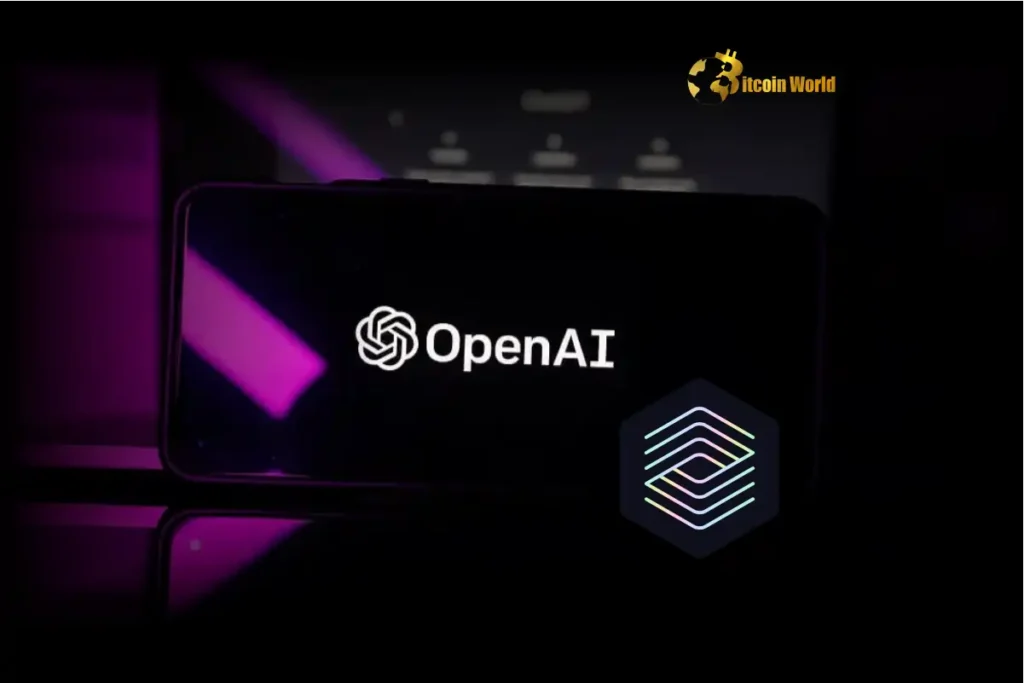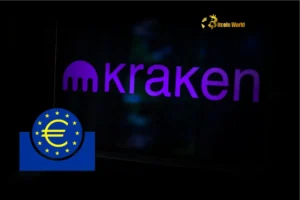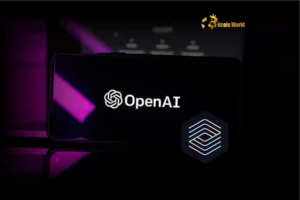AI Coding Tools Unleash Potential: OpenAI Codex Joins Agentic Revolution

BitcoinWorld
AI Coding Tools Unleash Potential: OpenAI Codex Joins Agentic Revolution
For those following the rapid advancements in technology, especially the intersection of AI and software development, a significant shift is underway. OpenAI recently unveiled Codex, a system designed to handle complex programming tasks using natural language instructions. This introduction places OpenAI Codex firmly within a new and evolving category: agentic coding tools.
The Evolution of AI in Software Development
Historically, AI assistance in coding primarily took the form of intelligent autocomplete. Tools like GitHub Copilot, and later innovations such as Cursor and Windsurf, function largely within an integrated development environment (IDE). They excel at suggesting code snippets, completing lines, or generating functions based on context. While incredibly helpful, these tools still require the developer to be actively involved, reviewing and integrating the AI-generated code line by line.
Think of it as a progression:
Stage 1: Manual Coding: Every keystroke, every line of code is written by hand.
Stage 2: Intelligent Autocomplete: Tools provide suggestions and shortcuts, but the human is still firmly in control within the IDE. GitHub Copilot was a pioneer here.
Stage 3: Agentic Coding: The goal is to move beyond the IDE, allowing the AI to understand a high-level task or issue and work towards resolving it autonomously.
As Kilian Lieret, a Princeton researcher working on SWE-Agent, puts it, the initial phase was manual coding, followed by tools like Copilot offering significant autocomplete – a shortcut, but still keeping the human ‘absolutely in the loop’.
What Are Agentic Coding Tools?
Unlike their autocomplete predecessors, agentic coding tools aim to operate more like a project manager or a senior engineer overseeing tasks. The vision is to assign an issue or a feature request through standard workplace systems, such as Asana or Slack, and allow the AI agent to work on it independently, reporting back upon completion or when encountering specific challenges.
Prominent examples leading this charge include:
Devin AI: Marketed as the world’s first AI software engineer.
SWE-Agent: A research project focusing on autonomous software engineering tasks.
OpenHands: Another agentic system designed to handle issues autonomously.
OpenAI Codex: OpenAI’s entry into this specific agentic space, building on their language model capabilities.
The fundamental idea is to abstract away the coding process itself for the end user. You provide the ‘what’ (the task or problem), and the agent figures out the ‘how’ (writing, testing, and integrating the code).
The Promise and Challenges of Agentic Coding
For those who believe in the increasing capabilities of AI, agentic coding represents a logical next step in automating complex software work. The potential benefits are significant: increased developer productivity, faster bug fixes, and potentially lower development costs.
However, this ambitious aim has proven challenging in practice. Early rollouts, such as that of Devin AI, faced criticism regarding the reliability and accuracy of the code produced. Many early users found that overseeing and correcting the agent’s work required as much effort as doing the task manually. This mirrors the experience of ‘vibe-coding veterans’ familiar with the inconsistencies of earlier AI models.
Key challenges facing agentic coding tools include:
Reliability and Errors: Agents can make mistakes, sometimes significant ones, requiring human intervention.
Hallucinations: Like other large language models, coding agents can fabricate information, such as non-existent APIs, leading to problematic code.
Complexity: Handling complex, multi-stage tasks or integrating into large, existing codebases remains difficult.
Trust: Developers need to trust the code produced by the agent, which is challenging when errors and hallucinations are possibilities.
Robert Brennan, CEO of All Hands AI (maintaining OpenHands), stresses the current necessity of human oversight, particularly at the code review stage. He warns against blindly auto-approving agent-written code, as issues can quickly escalate.
Measuring Progress: Benchmarks and Reality
One way to measure the progress of these AI coding tools is through benchmarks like the SWE-Bench leaderboard. This evaluates models on their ability to resolve real-world issues from open GitHub repositories. OpenHands currently leads the verified board, solving 65.8% of the problems.
OpenAI claims their codex-1 model, powering OpenAI Codex, achieved a 72.1% score on SWE-Bench, although this result came with caveats and awaits independent verification. While high benchmark scores are promising, there’s a recognized gap between benchmark performance and real-world autonomous functionality. If an agent only solves three out of four problems, the human oversight required is still substantial.
The hope is that continuous improvements to the underlying foundation models will steadily enhance the capabilities and reliability of agentic systems. However, effectively managing issues like hallucinations and building trust are crucial hurdles to overcome before these tools can truly become reliable, hands-off developer assistants.
As Brennan notes, the core question is how much trust can be shifted to these agents to genuinely reduce the human workload.
Explore the Future of AI
The developments in agentic coding highlight the rapid pace of AI innovation. For those interested in delving deeper into these advancements and connecting with leaders in the field, consider attending relevant industry events. For example, the Bitcoin World Sessions: AI event in Berkeley, CA on June 5th offers insights from speakers at companies like OpenAI, Anthropic, and Cohere, covering the cutting edge of AI technology.
Events like this provide valuable opportunities to understand how technologies like SWE-Agent, Devin, Codex, and others are shaping the future of software development and potentially impacting various tech sectors, including those relevant to the cryptocurrency space.
Conclusion: A Powerful, Evolving Landscape
OpenAI’s entry with Codex signals the increasing momentum behind agentic coding. These tools represent a significant leap from traditional AI assistants, aiming for true autonomy in software task completion. While challenges related to reliability, hallucinations, and the need for human oversight persist, the progress shown by benchmarks and the continued investment in companies like Cognition AI (Devin’s parent company) indicate strong belief in the potential of this technology.
The journey towards fully autonomous coding agents is still ongoing, but the current generation of tools offers powerful capabilities when used effectively alongside human developers. As research and development continue, we can expect these agentic systems to become increasingly sophisticated, potentially reshaping how software is built in the future.
To learn more about the latest AI market trends, explore our article on key developments shaping AI features.
This post AI Coding Tools Unleash Potential: OpenAI Codex Joins Agentic Revolution first appeared on BitcoinWorld and is written by Editorial Team







